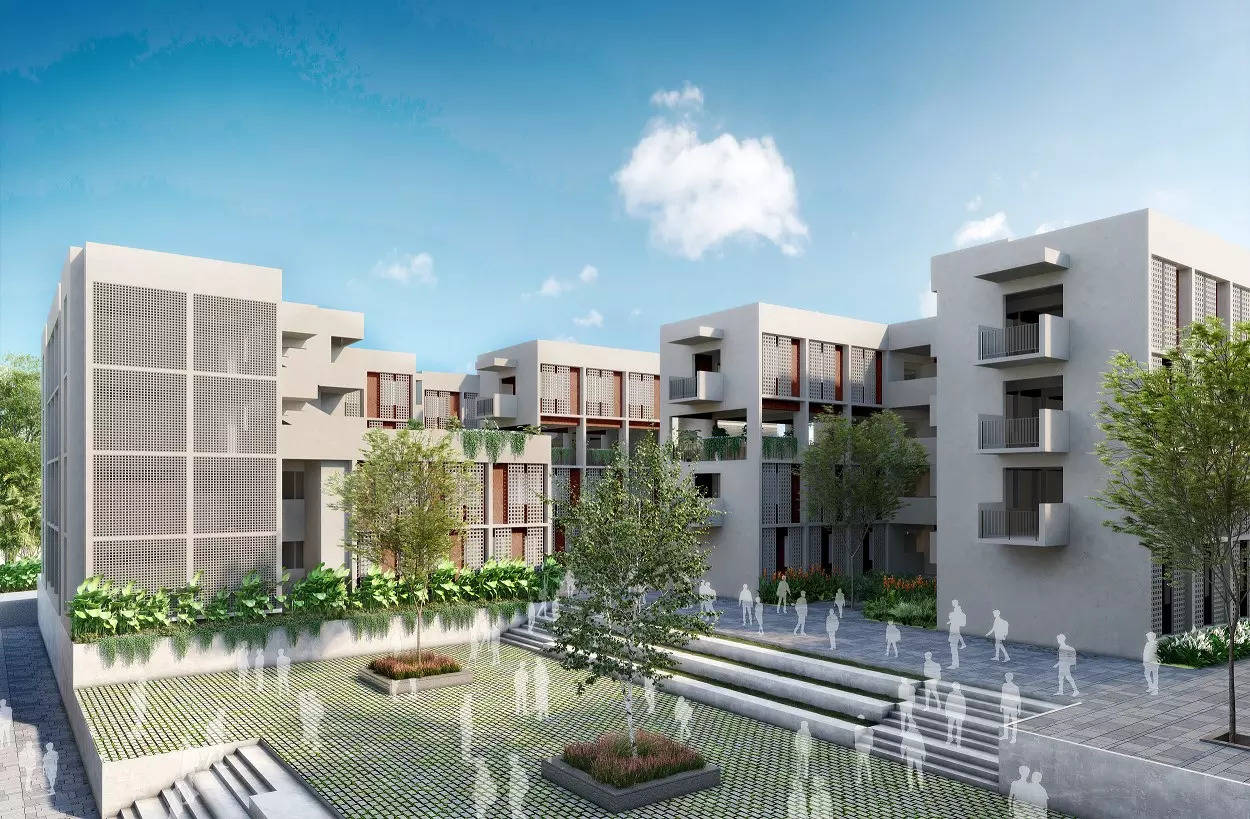
HYDERABAD: The Telangana government will lay the foundation stone of its ‘integrated residential schools‘ on October 11, a day ahead of the Vijaya Dasami festival, Deputy Chief Minister Mallu Bhatti Vikramarka said on Sunday. The government would spend about ₹5,000 crore this year on the construction of the ‘Young India integrated residential schools’, he told reporters in Hyderabad.
The schools, to be built in about 20-25 acres area, would have students belonging to SC, ST, BC and other sections of society under one roof, he said.
“Our government believes that education is the great equaliser. By integrating SC, ST, BC and minority students under one roof, we are erasing the lines that divide our society,” he said.
The proposed institutions would offer English medium education up to 12th standard on par with international standards.
The government aims to establish at least one integrated residential school in every assembly constituency (total 119), he said.
The construction of the schools would begin in about 20 constituencies where land has been acquired and it would be expanded to other places when the land acquisition gets completed.
The facilities in the existing residential schools are not satisfactory, he said.
While there are 1,023 government residential schools in the state, 662 of them do not have their own buildings, he added.
“These schools are not just buildings; they are the foundation stones for a more inclusive society—one that celebrates diversity and empowers every child to reach their fullest potential,” Vikramarka said.
The architectural design is built around sustainability and inclusivity, featuring:
Climate-responsive planning: Natural ventilation, abundant greenery, and an emphasis on outdoor spaces will ensure students and staff have a comfortable, healthy learning environment throughout the year.
Net-zero energy goals: The campuses will be powered by solar and wind energy, making them self-sufficient and environmentally sustainable.
Water management: Rainwater harvesting systems will not only minimize water consumption but will also serve as an educational tool for the students, teaching them about conservation and sustainability.
Accessibility: The design will comply with global standards for differently-abled students, ensuring that no one is left behind, the deputy CM said.

